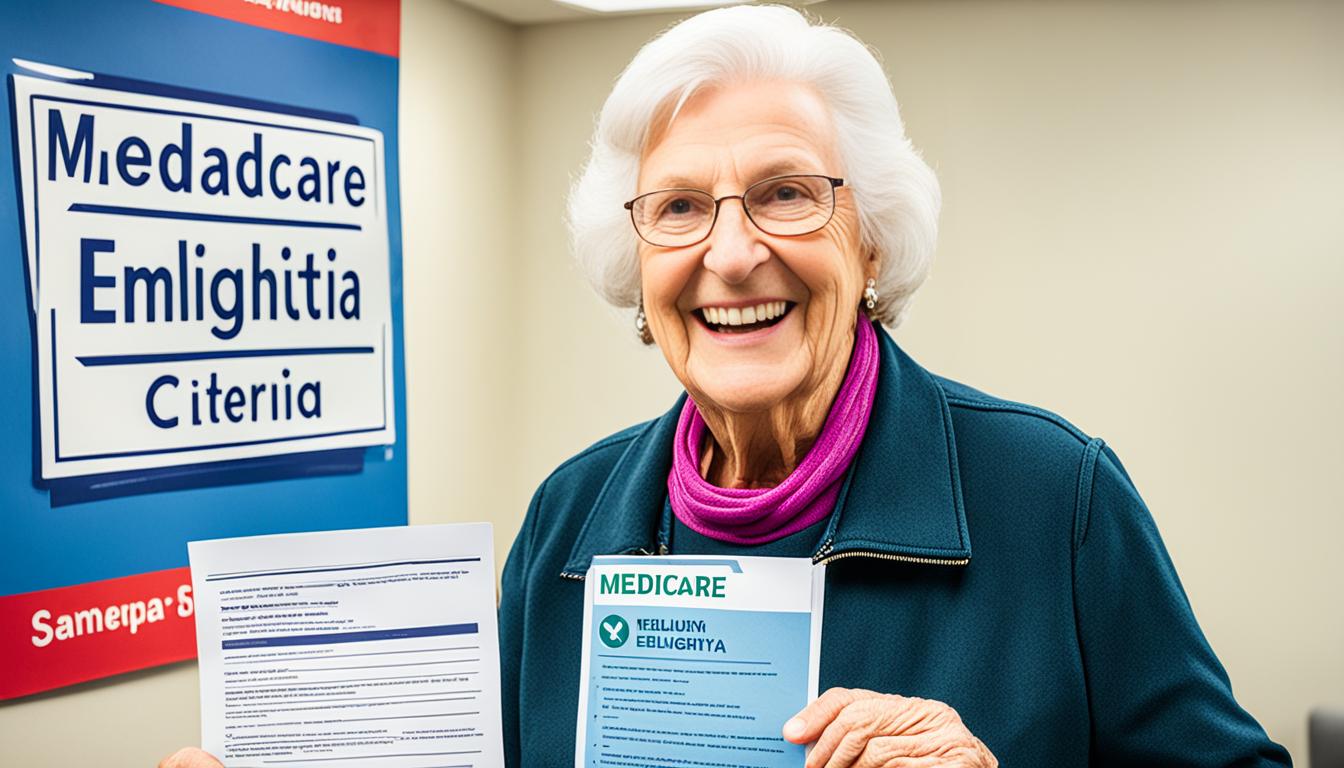Understanding the complex paths of guardianship and conservatorship is akin to unraveling a intricate legal map, where every choice holds significant implications for the individuals under our care. Distinguishing the nuanced distinctions between these roles grants us a more profound insight, shedding light on the distinct responsibilities and considerations that impact our decisions in safeguarding the well-being of our loved ones.
Exploring the intricacies of these legal frameworks not only broadens our knowledge but also equips us with the necessary tools to navigate the complexities of caring for those who rely on us for protection and support.
Key Takeaways
- Guardian for minors, conservator for incapacitated adults
- Guardianship for personal welfare, conservatorship for financial decisions
- Legal process involves court intervention and appointment
- Responsibilities include managing finances or personal welfare with dedication
Key Differences Between Conservatorship and Guardianship
Let's delve into the fundamental disparities between conservatorship and guardianship to grasp their distinct roles and responsibilities in caring for individuals with diverse needs.
In the legal realm, a guardian is typically appointed to make personal decisions for minors under 18, ensuring their well-being and upbringing. On the other hand, a conservator is designated to manage financial affairs for adults who are incapacitated or unable to handle their finances independently.
The court often intervenes to establish a conservatorship for adults with diminished capacity, while guardianship is commonly arranged through estate planning to provide for the care of children in case of unforeseen circumstances.
The crux of the disparity lies in the nature of decisions made – financial matters fall under conservatorship, while personal welfare decisions are the domain of guardianship. Understanding these distinctions is vital in navigating the complex terrain of legal responsibilities towards minors and incapacitated adults.
Responsibilities of a Guardian

Understanding the distinct responsibilities that guardians hold is essential in comprehending their critical role in overseeing the personal needs and well-being of their wards. As a guardian, our primary duty is to ensure that the individual under our care receives proper attention and support in all aspects of their life. This includes making important medical decisions, arranging suitable living conditions, and providing day-to-day care to meet their needs. We strive to safeguard their well-being and safety, actively managing their medical care and advocating for any necessary educational or social requirements.
In fulfilling our role as a guardian, we're unwavering in our commitment to act in the best interest of our ward. This means not only protecting their rights and ensuring their needs are met but also advocating for their overall welfare. By understanding and upholding the responsibilities of a guardian, we can effectively support and care for those entrusted to our guardianship, promoting their growth, development, and quality of life.
Responsibilities of a Conservator
When assuming the role of a conservator, our paramount duty entails managing the financial affairs of the individual under our care with unwavering dedication and prudence. As conservators, we're entrusted with the legal authority to make crucial financial decisions, such as managing accounts, overseeing property transactions, ensuring timely bill payments, and developing effective budgeting strategies. It's imperative that we act as fiduciaries, always putting the ward's best interest at the forefront of our actions. We must fulfill our legal obligations diligently, ensuring that every financial decision made is in alignment with what's best for the individual we serve.
Courts have the power to remove conservators who fail to uphold their responsibilities or who act against the ward's best interests. In Minnesota, conservators carry significant legal responsibilities, and it's essential to manage finances prudently and ethically, always considering the well-being of the individual in our care. By fulfilling our duties with compassion and expertise, we can ensure that the financial affairs of our wards are handled with the utmost care and integrity.
Legal Process for Appointing a Guardian

In the legal process for appointing a guardian, careful consideration must be given to the nomination in a will or the court appointment, ensuring that the selected individual is willing and capable of fulfilling the responsibilities.
When navigating the complexities of guardianship, it's essential to understand the steps involved in the legal process. Here are some key points to keep in mind:
- Guardians can be nominated by parents to care for minor children in the event of incapacity.
- Interested parties can petition the court to become guardians, pending court approval.
- The nominated guardian must be both willing and capable of fulfilling the responsibilities that come with guardianship.
- Seek guidance from an estate planning attorney to ensure all legal requirements are met when appointing a guardian.
Legal Process for Appointing a Conservator
The legal process for appointing a conservator typically commences with the submission of a petition to the court. This petition outlines the need for a conservator based on evidence of the individual's incapacity or vulnerability. The court then reviews the petition, considering the presented evidence before deciding whether to appoint a conservator. If appointed, the conservator assumes specific responsibilities and duties mandated by the court, such as managing the ward's financial affairs and making decisions in their best interest.
To provide a clearer picture, here is a breakdown of the legal process for appointing a conservator:
| Process Step | Description | Importance |
|---|---|---|
| Filing a Petition | Initiates the legal proceedings by outlining the need for a conservator | Crucial for starting the appointment process |
| Court Review | Court evaluates the evidence provided to determine conservator necessity | Ensures decision based on valid information |
| Appointment Decision | Court decides whether to appoint a conservator based on the evidence | Significant for the protection of the ward's interests |
Understanding these steps is vital as the process for appointing a conservator can vary by state, with specific requirements and procedures to follow.
Frequently Asked Questions
How Does Conservatorship Differ From Guardianship?
We can clarify the difference between conservatorship and guardianship for you.
Conservatorship primarily deals with managing finances, while guardianship focuses on personal care. In conservatorship, responsibilities include handling assets, paying bills, and making financial decisions.
On the other hand, guardianship involves overseeing medical needs, living arrangements, and day-to-day care.
Both roles require legal appointments with specific duties, emphasizing financial versus personal matters.
What Are the 7 Powers of Conservatorship?
We manage assets, make financial decisions, pay bills, invest money, collect debts, handle legal matters, and file taxes for the ward.
These powers allow us to act in their best interests and safeguard their financial well-being.
Adhering to legal and ethical guidelines is vital in exercising these powers responsibly.
Understanding these specific powers is crucial for ensuring the proper management of the ward's estate.
What Is the Difference Between Guardianship and Conservatorship in Dc?
In DC, guardianship incompasses personal and medical decision-making, while conservatorship focuses on managing financial affairs. Guardians oversee the welfare and healthcare of individuals, while conservators handle their finances.
Guardianship is vital for minors or those unable to make personal choices, while conservatorship is for adults who struggle with financial management. The court appoints guardians and conservators based on the specific needs of the individual.
Understanding this distinction is crucial for ensuring proper care in DC.
What Is the Difference Between Guardianship and Conservatorship in Pa?
We've got you covered on the difference between guardianship and conservatorship in Pennsylvania. Guardianship focuses on personal decisions, while conservatorship handles financial matters.
Guardians oversee personal care and living arrangements, whereas conservators manage assets and bills.
The appointment process in PA can involve direct nomination or court appointment based on incapacity. Planning ahead with an estate planning attorney ensures proper arrangements.
Pennsylvania laws protect wards by holding guardians and conservators accountable as fiduciaries.
Can Guardianship or Conservatorship Be Reevaluated for Caregivers?
When considering the reevaluating lifespan of caregivers perspective, it is important to understand that guardianship or conservatorship can be reevaluated. Caregivers may face changing circumstances that warrant a reassessment of their role and responsibilities. It’s crucial to prioritize the well-being of both the caregiver and the individual under their care.
Conclusion
As we navigate the intricate web of legal responsibilities in caring for our loved ones, understanding the distinction between conservatorship and guardianship is like having a compass in a dense forest.
With expert guidance, we can confidently steer through the complexities of decision-making and ensure the well-being of those who rely on our care.
Let's embrace this knowledge as a guiding light, illuminating the path towards compassionate and informed guardianship.









